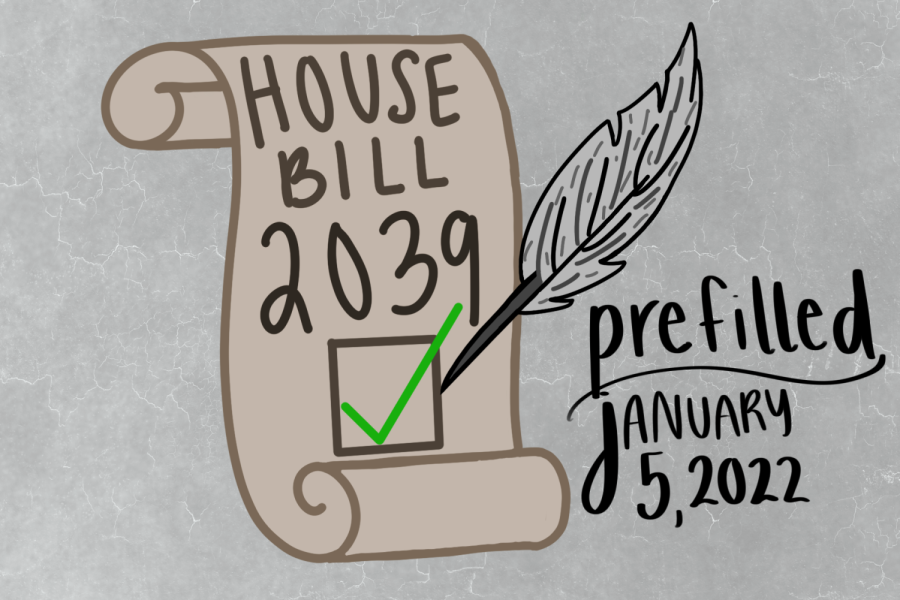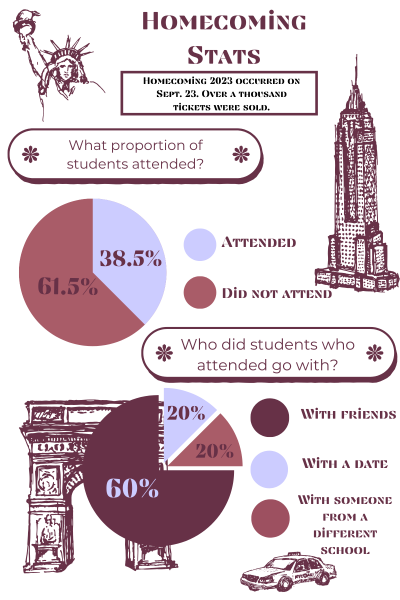House Bills alter course material, requirements for 2022
Similar to the national government, the Arizona State Legislature is divided into two different parts. The senate, and the House of Representatives, work together to approve budgets, initiate tax legislation, and update laws and regulations.
The legislature makes laws that affect the entire state and impact all parts of society including businesses, housing, and transportation. The Arizona State Legislature also makes and updates laws that regulate public school and charter school systems.
These bills influence class requirements, attendance levels, and the number of school days needed per year.
House Bill 2039, introduced by Representatives Udall: Blackman, Prefilled Jan. 5, 2022
Due to COVID-19, online and remote instruction has become a more plausible option for those who remain at home when sick. HB 2039 states that “During school year 2021-2022, a school may provide up to fifty percent of its total instructional time in a remote setting without any impact to the school’s funding. Beginning in school year 2022-2023 and each school year thereafter, a school may provide up to forty percent of its total instructional time in a remote setting without any impact to the school’s funding.”
This bill allows for schools to provide distance learning to contain sicknesses without impacting their funding. By allowing 50% of the school instruction to take place online, quarantine periods can be put in place in order to ensure it is safe for students to return to in-person instruction.
It also states that “A school may stagger learning times and schedules for students and may offer courses and other instructional time options on the weekend or in the evenings so that all students are not expected to attend or complete their school day or instructional time at the same time.”
This guideline allows for schools to accommodate student schedules so that everyone has the opportunity to be in a safe, in-person learning environment if desired. By limiting the number of students on campus during normal school hours, the possibility of exposure to COVID-19 is lowered.
House Bill 2008, introduced by Representatives Nguyen: Toma, Prefilled Nov 23, 2021
English, math, science, and social studies are most commonly known as the ‘core classes’, meaning that the state sets guidelines and standards for the curriculum taught. These standards ensure that all students across the state receive the same basic education.
An adjustment to the social studies curriculum includes personal finance and an American civics education, along with “a comparative discussion of political ideologies, such as communism and totalitarianism, that conflict with the principles of freedom and democracy that are essential to the founding principles of the united states.”
Along with these curriculum changes, high school students must pass the “civics portion of the naturalization test used by the United States citizenship and immigration services,” with the results being documented on the student’s transcript, which CUSD already requires.
Economics, a semester-long class taken by seniors, is required by this bill as well. “The state board shall require at least one-half of a course credit in economics, which shall include financial literacy and personal financial management.” As well as a possible “required separate personal finance course” in the future for students to graduate high school.
Public school systems are directly influenced by both the Arizona State Legislature and the district’s school board, and students are able to see their effects every day while at school.

Lauren Ludwig is a senior and is excited for her second year of newspaper. Her beat this year is the English Department, which she is excited to write...






